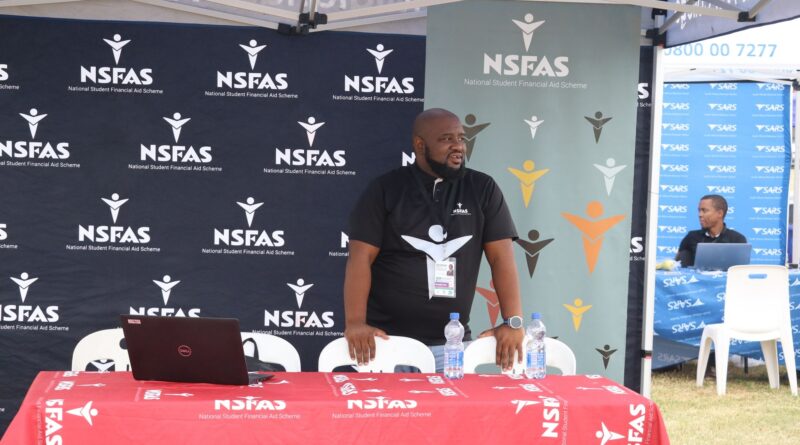Frequent Causes of NSFAS Application Denials – With Tips For Resolution
The National Student Financial Aid Scheme (NSFAS) offers critical funding to South-African students who face financial challenges in pursuing higher education. Nevertheless, countless applications, unfortunately, get turned down each year for nitpicky, easily avoidable reasons. If you are looking to apply for the scheme or have already put in an application, knowing common reject reasons will better your chance of approval.
1.Disregarding Household Income Caps
Applying household income caps are one of the significant reasons that result in NSFAS rejection. Each applicant whose combined household income is reported to be above the set threshold is turned down. Therefore, NSFAS does not provide funding to students whose families earn more than R350,000 per year (R600,000 per year for students with disabilities).
Tip: Detail your income accurately and supply adequate documentation such as payslips, affidavits, or other relevant financial data.
2. Incomplete or Missing Documentation
It is critical to submit all of the NSFAS required documents; otherwise, your application will be automatically rejected. These documents include:
A certified copy of your ID or birth certificate
Parent or guardian’s proof of income
A signed consent form by all members of the household
Tip: Make sure to check the list of documents that need to be submitted. You can go to the official NSFAS website or the financial aid office at your institution for directions.
3. Academic Ineligibility
Applicants need to qualify academically in order to apply for NSFAS. For university students, this involves passing a minimum of 50% of your modules. For first-time applicants, being accepted or registered at a public university or TVET college is also a requirement.
Tip: Try to manage your academic work better. If you are a returning student, make sure you have passed the required number of modules.
4. Not a South African Citizen
Eligibility for NSFAS funding is limited to South African citizens (or permanent residents in some situations). International students do not qualify.
Tip: Make sure to submit valid proof of citizenship such as a South African ID.
5. Already Funded by Another Bursary
Excluding cases where you are fully funded by another bursary, your application will be denied under NSFAS policies to avoid duplication of benefits.
Note: Explain clearly if some funding is available for you, as it may still be possible for you to receive part of NSFAS support.
6. Application Submitted After Deadline
Applications submitted after the deadlines are not accepted apart from instances when NSFAS publicly states there shall be an extension.
Note made by NSFAS: Apply on time and follow through with your application via the NSFAS portal. Ensure that every single stage of its processing is completed.
7. Falsifying Information Provided
Falsifying information, regardless if it is done on purpose or not will almost definitely guarantee instant disqualification or even being barred from future applications.
Tip: Make sure the application provided is truthful to the best of your knowledge. In cases where further clarification is needed, engaging a school counselor or support from NSFAS is strongly recommended.
Concluding Remarks
NSFAS provides funding for talented individuals to further their education, but as defined types of students must be met. Understand the outlined procedures and prerequisites because NSFAS is limited by obligations too. Take your time when applying, have instruction documents right at hand, and learn to simplify your assistance if it is the first time. Avoiding these blunders may ultimately be the deciding factor in receiving funding or getting declined.
